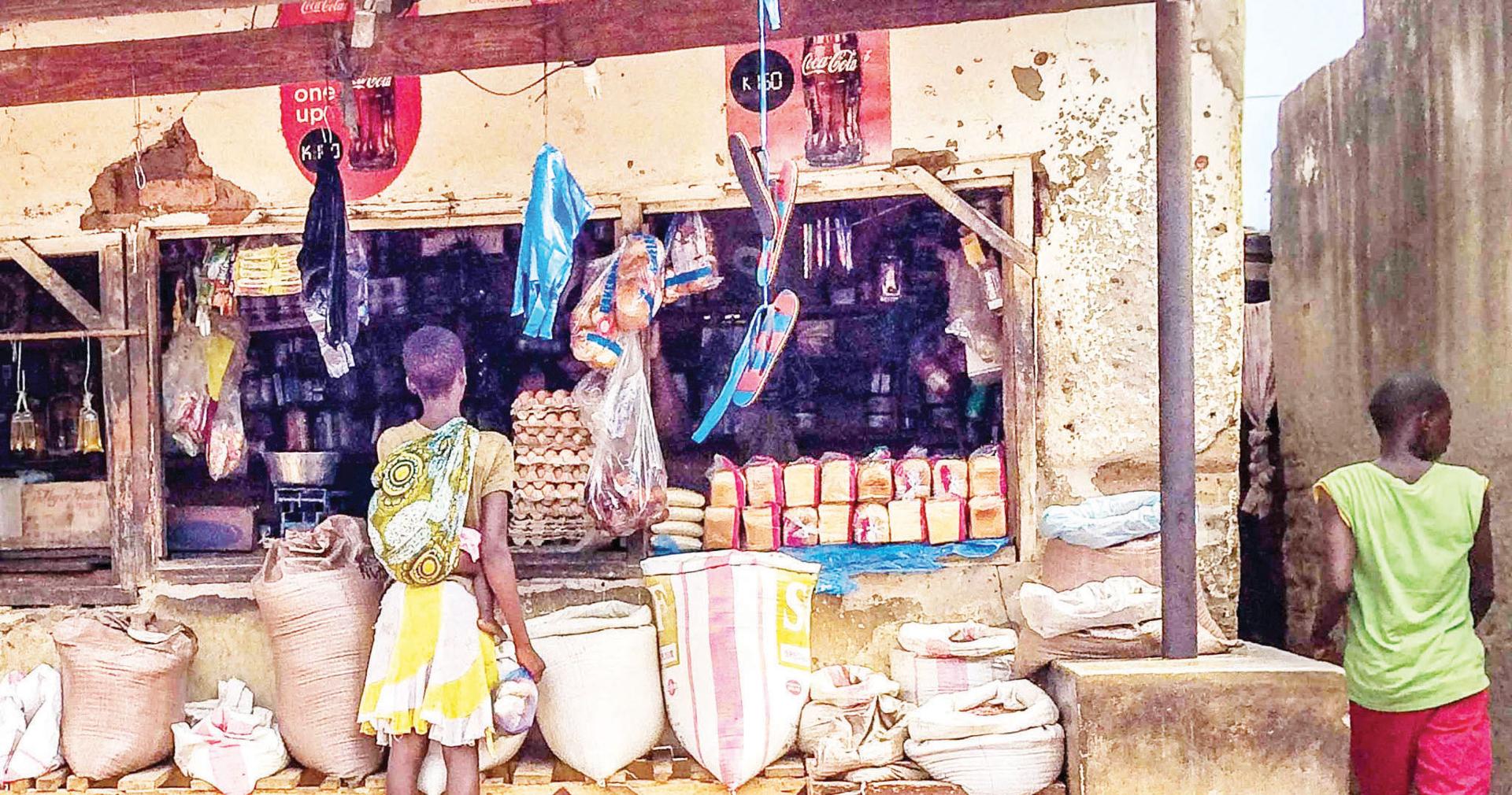Africa-Press – Malawi. A Malawi Food Security Outlook for a period between June 2022 and January 2023 indicates that macroeconomic conditions are expected to worsen in the next six months.
According to the report released Wednesday, this is due to the impact of global supply chain disruptions and domestic economic policy, which continue to exacerbate inflationary pressure.
The report, released by Famine Early Warning Systems Network (Fewsnet), assumes that the national inflation rate will remain elevated throughout the outlook period. May 2022 headline inflation stands at 19.1 percent, the highest in the past few years.
Further, Fewsnet says, typically, high global fuel and fertiliser prices will continue to deplete foreign currency reserves in the country, and the Kwacha is expected to depreciate further. As a result, Fewsnet expects household purchasing power to continue worsening through to January 2023, further limiting financial access to food.
Income from wage labour for poor urban households is also expected to decrease through the outlook period, as businesses and traders limit labour opportunities in response to high inflation, power shortages and worsening economic outlook, according to the report.
“Fewsnet expects the urban cost of living to increase through the outlook period, with food and non-food prices higher than in recent years. As a result, in large urban areas, worsening macroeconomic conditions will likely negatively impact urban households’ access to food.
According to the report, current evidence indicates that urban households have relatively stable access to income. However, evidence also demonstrates that current wages are insufficient to match the increased cost of living, driven by rising inflation and the devaluation of the local currency.
“As a result, deteriorating macroeconomic conditions, particularly sharp increases in food and non-food items, have negatively impacted the purchasing power of low-income urban households, limiting financial access to food,” the report reads.
Commenting on the report, Centre for Social Concern Programmes Officer Bernard Mphepo said the assumptions have to be taken seriously as they are speaking to the current situation.
Mphepo said the prices of commodities fertiliser and fuel inclusive, are expected to further increase as the country’s export base is very narrow, which would further weaken the Kwacha.
“The short term Solution would be to make sure that food items are made available to rural Malawians. That would help reduce cost of food items that are going up each and every day. The long term intervention would be promoting industrialisation. As a country we need to be able to produce our own food items and also goods and services,” he said.
Speaking during the launch of Private Sector Labs under his Presidential Delivery Unit recently, President Lazarus Chakwera said that, in building the private sector-led economy, both domestic and external investments could be attracted in the country.
For More News And Analysis About Malawi Follow Africa-Press






